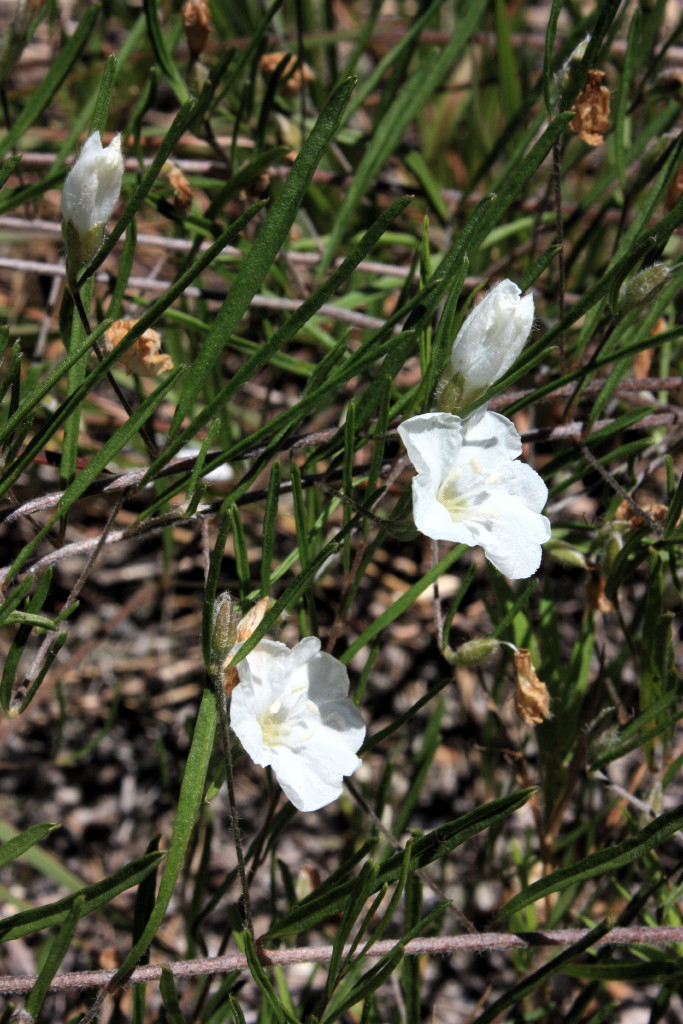Tag: New Jersey Conservation Foundation
-
Nature can slow climate change
By Michele S. Byers It’s hard to be optimistic in the face of climate change. For instance, just this past week we learned July was the hottest month ever recorded on Earth. Rapidly melting glaciers in Greenland are adding billions of gallons to sea level rise and wildfires are burning out of control in the…
-
Saving rare Pickering’s morning glories
By Michele S. Byers Anyone who has planted “garden variety” morning glories knows how easily they grow. These showy annuals climb like crazy and produce lots of seeds. New plants pop up year after year and are almost unstoppable. But that’s not the case with the delicate perennial known as Pickering’s morning glory, one of…
-
New Jersey fish may be in hot water
By Michele S. Byers Around the globe, climate change is leading to increased ocean temperatures and more acidic water. The impact on fish and the fishing industry is enormous. The problem is especially troubling in the waters off New Jersey and the Atlantic coast. “Here in the northeast, the water is warming faster than almost…
-
United Nations report sounds alarm on nature’s decline
By Michele S. Byers Would you care if northeastern beach tiger beetles and arogos skipper butterflies disappeared? How about blue-spotted salamanders and southern gray tree frogs, or peregrine falcons and piping plovers? What if bobcats, Indiana bats and North Atlantic right whales vanished? All of these creatures are on New Jersey’s list of endangered species,…
-
Renewable energy: less pollution, more jobs, lower costs
By Michele S. Byers While Washington, D.C., turns it back on climate change, New Jersey is busy reclaiming its national leadership role on clean energy. One year ago, New Jersey passed a landmark clean energy law to transition half of the state’s electricity from fossil fuels to renewable sources like wind and solar by 2030.…
-
Dairy farmers battle the odds to succeed in New Jersey
By Michele S. Byers Dairy farming has always been a tough occupation. Dairy farmers work long days, milking twice a day in all seasons and every kind of weather. There are no weekends or holidays off. For hundreds of years, dairy farming provided a good living for New Jersey farm families. As recently as the…
-
New Jersey’s rail trails provide unique outdoor experiences
By Michele S. Byers Back in the heyday of New Jersey’s railroads in the 1800s, train lines transported everything from iron ore to peaches to oysters. The era of motor vehicles and highways eventually doomed many rail enterprises in this state we’re in. Fortunately, many old rail lines have been repurposed as pedestrian and bicycle…
-
Microplastics: An invisible threat – May 15
By Michele S. Byers The South Branch of the Raritan River is one of central New Jersey’s prettiest waterways. It winds through mostly rural and suburban towns with little industry. Its clear waters are ideal for fishing, paddling and wildlife watching. Yet, a recent pilot study by watershed watchdog Raritan Headwaters Association found a virtually…


